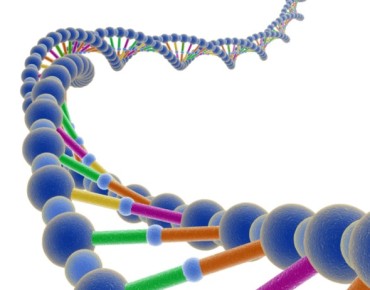MongoDB Lends a Hand for Genome Sequencing

Available since February 2012, the Seven Bridges Genomics platform recently won BioIT World’s Best of Show award. The Cambridge, Massachusetts-based biotech company is looking to cater to researchers whose work depends on genome sequencing, whether that be in whole genomes or something as specific as RNA sequencing. To this end, the company today announced that it’s turned to MongoDB to power its sequencing analysis platform.
Seven Bridges’ cloud-based platform provides a pipeline for genomic data that allows for transfer between tools as well as results sharing. It’s designed to fill the role of a one-stop solution for sequencing projects by providing a number of peer reviewed sequencing pipelines as well as an interface to configure a unique pipeline to match individual research needs. Helping to store genomics metadata and collect statistics from Seven Bridges’ computational resources is MongoDB.
"The volume and velocity of data are critical to genome projects, where researchers must reproduce and efficiently manage life-saving medical breakthroughs," said Max Schireson, CEO at MongoDB. "For Seven Bridges Genomics, MongoDB delivers on its promise of high performance and flexibility, offering a NoSQL data store that reliably scales to meet skyrocketing data demand."
Seven Bridges’ cloud platform runs on Amazon Web Services (AWS) and is currently used by pharmaceutical and biotech organizations, independent researchers, and academic institutions such as the Harvard Department of Stem Cell and Regenerative Biology and the Cancer Genomics Research Laboratory at the National Cancer Institute.
Meanwhile, MongoDB has made a name for itself in analytics, content management and delivery, mobile and social infrastructure, and user data management, as well as its open source community.
According to Seven Bridges co-founder and CTO Igor Bogicevic, the genomics company turned to MongoDB’s NoSQL data store for its flexible model that allows them to optimize computational resources while also remaining easy to use for researchers.
"Seven Bridges simplifies data analysis for genomics by eliminating the need to manage large-scale computation and storage infrastructures that are expensive to maintain and scale," said Bogicevic. "MongoDB supports our long-term requirements for scalability and it allows us to quickly add features, without forcing us to re-think our model and architecture or invest heavily in re-engineering our infrastructure."










